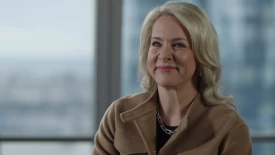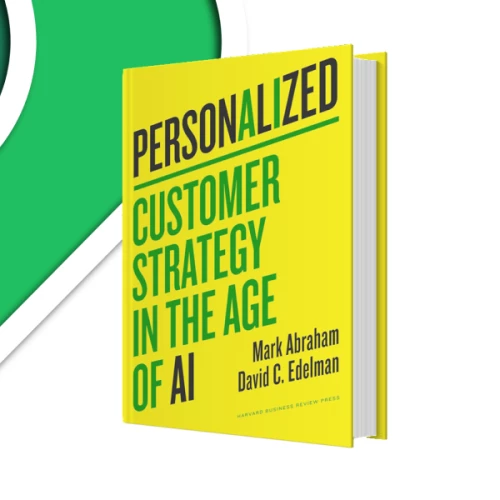Our Approach to Culture and Change Management
1. Desired Culture
How you adapt, innovate, collaborate, and build a diverse and inclusive workplace: culture drives it all. We help create a high-performance culture that embraces and fuels always-on transformation. It starts with building momentum for culture change by quickly launching low-lift “no regret” practices (like recognizing employees for transformation-positive behaviors). That’s followed by articulating the unique set of cultural traits that support business strategy, activating them through leader and organization-wide practices, and embedding the culture and change in organization structures, processes, and policies.
2. Leader Enablement
Successful transformations share one characteristic: leaders who lead with their head, heart, and hands. This means envisioning the future and aligning on priorities (the head), inspiring and empowering people (the heart), and executing and innovating with agility (the hands). While most transformations address the head and the hands, relatively few focus on the heart. Yet in our experience, engaging all three translates to a 96% chance of sustained transformation success. So a big part of our work is creating agents of change: leaders who make a compelling case for change, model new behaviors, communicate with empathy, and demonstrate care amid transformation.
3. People Engagement
Transformations are disruptive: strategy changes, operations change, processes change. And these successive waves of change have a profound impact on an organization’s people. We take a human-centric approach to change management consulting because when people thrive, organizations thrive. This means making sure that employees feel seen and supported, that they understand what is happening and why, that they are motivated by the vision, and enabled to contribute and deliver. Through scientifically-backed engagement and communications tactics, we help companies identify what sparks and what hinders transformation—and activate the most important enabler of them all: people.
4. Executional Certainty
Change programs have many interconnecting components: new technologies, new priorities, new capabilities, new ways of working. Getting everything in sync—and ensuring sustainable value delivery--requires dedicated, hands-on management of the overall effort. We help organizations create, and empower, a transformation office—a hub for tracking progress, sparking new behaviors, and adjusting course when necessary. We bring adaptive, end-to-end program management models and strong governance to every engagement, helping clients keep change on track—and on point.
Our Impact on Culture and Change Management
We partner with organizations across the private and public sectors to spark the behaviors and mindset that turn change into value. Here’s some of our work in culture and change.
Our Culture and Change Management Tools and Solutions

OrgVantage
OrgVantage

Transformation Academy
Transformation Academy

KEY Impact Management by BCG X
KEY Impact Management by BCG X
Momentum Meter
Culture Diagnostic
Ready, Willing, Able
Personalized: Customer Strategy in the Age of AI
Our Latest Insights on Culture and Change Management














